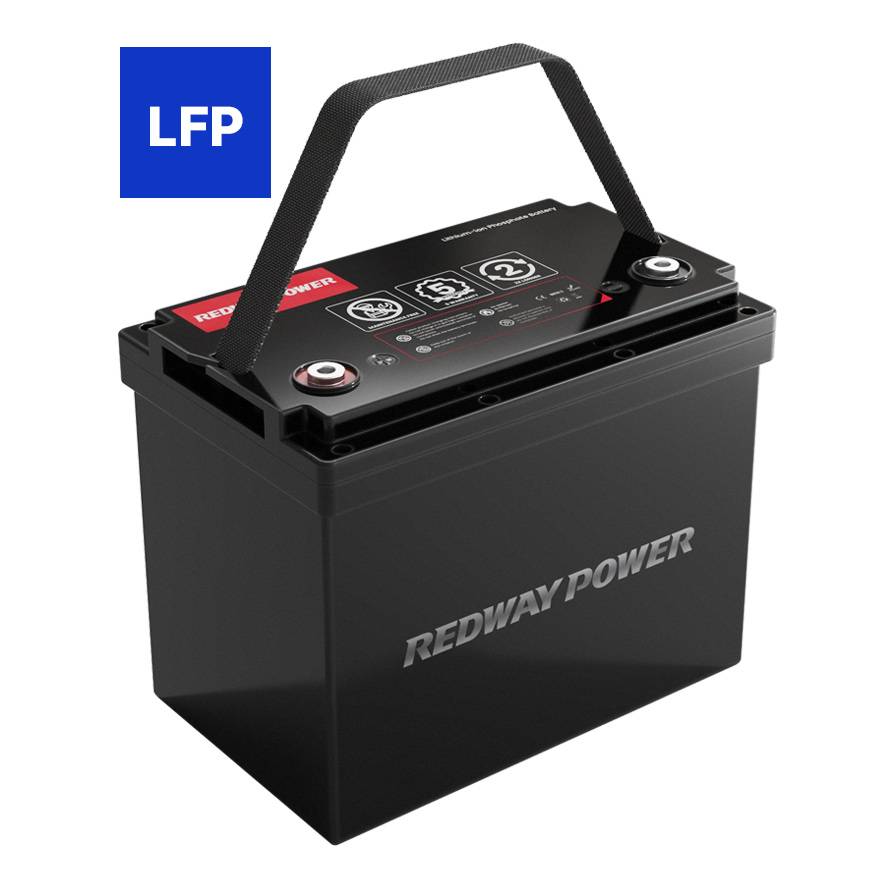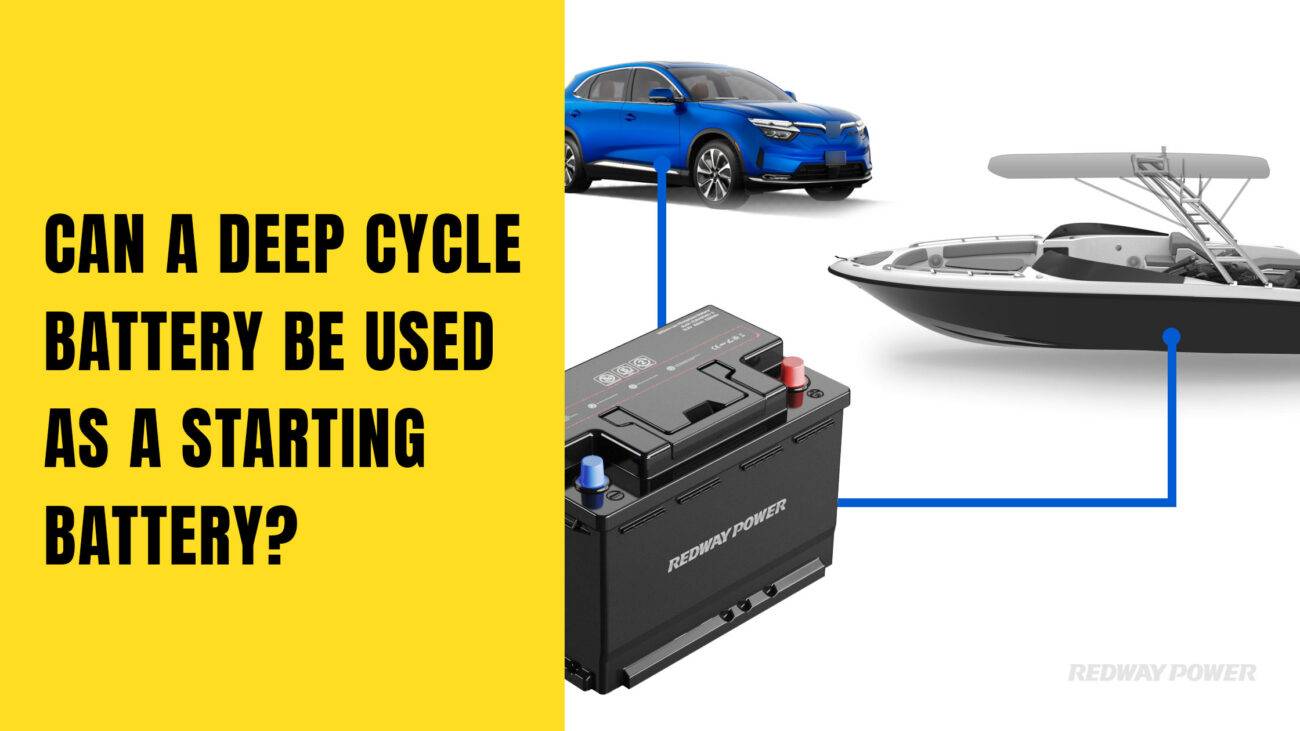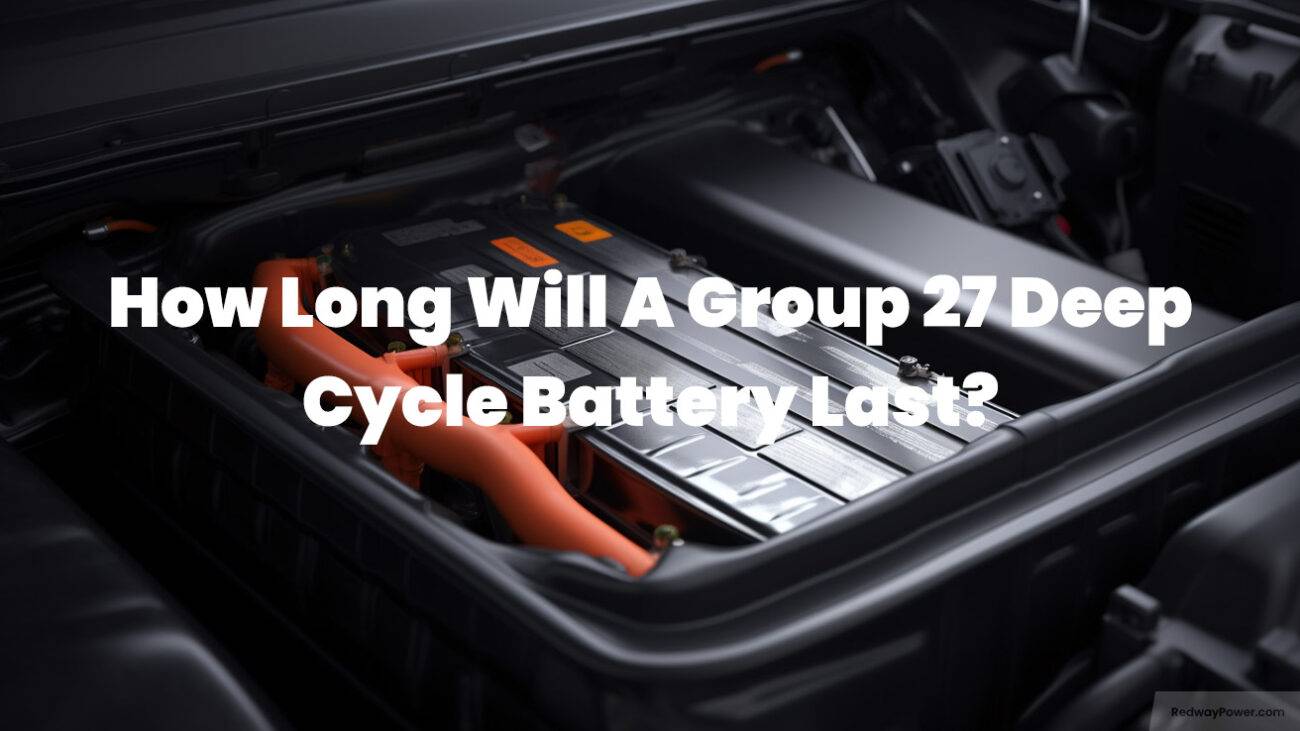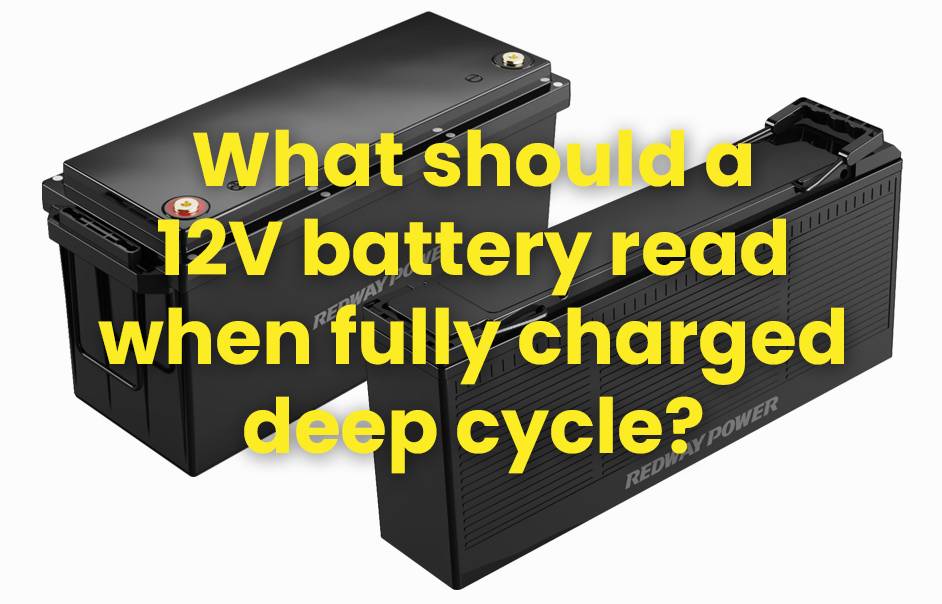Discover the world of deep cycle batteries, exploring their necessity and benefits. Whether for camping, boating, or off-grid adventures, these batteries offer reliability and longevity. If you’re tired of constantly replacing car batteries, dive into this informative journey to learn if deep cycle batteries are the solution you’ve been seeking. Get ready to power up and explore your options!
Deep cycle battery vs regular car battery, what are the differences?
Understanding the difference between deep cycle batteries and regular car batteries is crucial for selecting the right one for your needs. Let’s delve into the key distinctions between them.
- Purpose: Regular car batteries, also called starting or cranking batteries, provide short bursts of high power to start your vehicle’s engine. In contrast, deep cycle batteries are designed for long-lasting power delivery over an extended period.
- Composition: Car batteries typically feature thinner plates made from lead-acid materials, enabling rapid energy discharge for engine starting. Deep cycle batteries, however, have thicker plates capable of withstanding repeated charging and discharging cycles without damage.
- Capacity and Usage: Car batteries excel at quick bursts of energy but may struggle to sustain power for appliances like refrigerators or trolling motors. Deep cycle batteries, optimized for steady current over extended periods, handle heavy loads associated with activities like camping or boating.
In conclusion (not), understanding these differences is crucial for selecting the battery that best suits your needs. Stay tuned for more insights into the benefits and uses of deep cycle batteries!
When is a deep cycle battery necessary?
Wondering if a deep cycle battery is necessary for powering your devices? Let’s break it down.
- High-Demand Electrical Equipment: If you frequently use devices like trolling motors, RVs, or solar power systems, a deep cycle battery is essential. Unlike regular car batteries, deep cycle batteries provide sustained power over extended periods.
- Off-Grid Camping and Renewable Energy: Deep cycle batteries are perfect for off-grid camping or relying on renewable energy like wind or solar power. They ensure a consistent electricity supply throughout the day and night without the need for frequent recharging.
- Marine Applications: Whether you have a small boat or a large yacht, deep cycle batteries are ideal for powering onboard electronics and providing sufficient power for extended trips at sea.
When selecting a deep cycle battery, consider factors like capacity, voltage compatibility, size constraints, and maintenance requirements. Proper charging, avoiding deep discharges, regular inspection, and storage in a cool, dry place can help optimize performance and extend the battery’s lifespan.
In conclusion, a deep cycle battery is essential for specific applications requiring sustained power over time, such as high-demand electrical equipment, off-grid camping, and marine use. Choose the right battery and follow maintenance tips to ensure optimal performance and longevity.
The benefits of using a deep cycle battery
Using a deep cycle battery provides several advantages across different applications. Here’s why:
- Consistent Power Supply: Deep cycle batteries offer sustained power over extended periods, making them ideal for marine vessels and off-grid solar systems that require continuous energy.
- Durability and Longevity: These batteries are designed to withstand frequent charging and discharging cycles, ensuring resilience and a longer lifespan compared to regular car batteries.
- Low Self-Discharge Rate: Deep cycle batteries retain their charge for longer periods when idle, making them suitable for backup power systems or recreational vehicles that are intermittently used.
- Variety of Options: Available in various types and sizes, including flooded lead-acid, sealed AGM, or gel cell, allowing for flexibility in selecting the right battery for your specific needs.
To maximize the performance and lifespan of your deep cycle battery, ensure regular maintenance such as checking electrolyte levels, proper ventilation during charging, and avoiding excessive discharge. With proper care, deep cycle batteries offer reliable long-term power, durability, and versatility across different applications.
Types of deep cycle batteries and their uses
When it comes to deep cycle batteries, understanding the various types available is crucial for selecting the right one to meet your needs:
- Flooded Lead Acid Batteries: Affordable and commonly used in marine applications, these require regular maintenance but offer reliable performance.
- AGM Batteries: Known for durability and resistance to vibration, AGM batteries are suitable for off-grid solar systems, RVs, and boats.
- Gel Batteries: Spill-proof and maintenance-free, gel batteries are ideal for applications where safety is paramount.
- Lithium-ion Batteries: Despite higher upfront costs, lithium-ion batteries offer longer lifespan, faster charging, and higher energy density, making them ideal for renewable energy systems and electric vehicles.
Consider factors like capacity requirements, cycling abilities, and budget constraints when choosing the right deep cycle battery for your needs. Proper care, including monitoring charge levels and avoiding over-discharging, is essential for maximizing battery lifespan.
How to choose the right deep cycle battery for your needs
When selecting the right deep cycle battery, consider these factors:
- Power Requirements: Determine the amount of energy needed for storage and delivery based on your usage.
- Size and Weight: Choose a battery that fits your space constraints and is easy to transport if needed.
- Capacity and Discharge Rate: Opt for a battery with a high amp-hour rating for sustained power over time.
- Special Features: Look for specific features like marine-grade construction if using it for marine applications.
- Maintenance: Consider the level of upkeep required and if it aligns with your willingness to perform regular maintenance tasks.
By weighing these factors and researching various brands and models, you can find the ideal deep cycle battery for your requirements.
Maintenance and care for your deep cycle battery
Proper maintenance is crucial for your deep cycle battery’s longevity. Here are essential tips:
- Regular Inspection: Check for corrosion or damage.
- Cleaning: Gently clean corrosion with a baking soda solution.
- Charging: Use a quality charger and avoid sulfation by following instructions.
- Avoid Over-Discharging: Keep the charge above 50%.
- Storage: Store in a cool, dry place and recharge periodically during inactivity.
- Proper Ventilation: Ensure adequate airflow to dissipate heat.
- Gentle Handling: Avoid dropping or subjecting to shocks.
Investing in a high-quality deep cycle battery ensures reliable power, especially for off-grid systems like RVs or boats. With proper care, your battery will last for years. Choose wisely based on your specific power needs.









